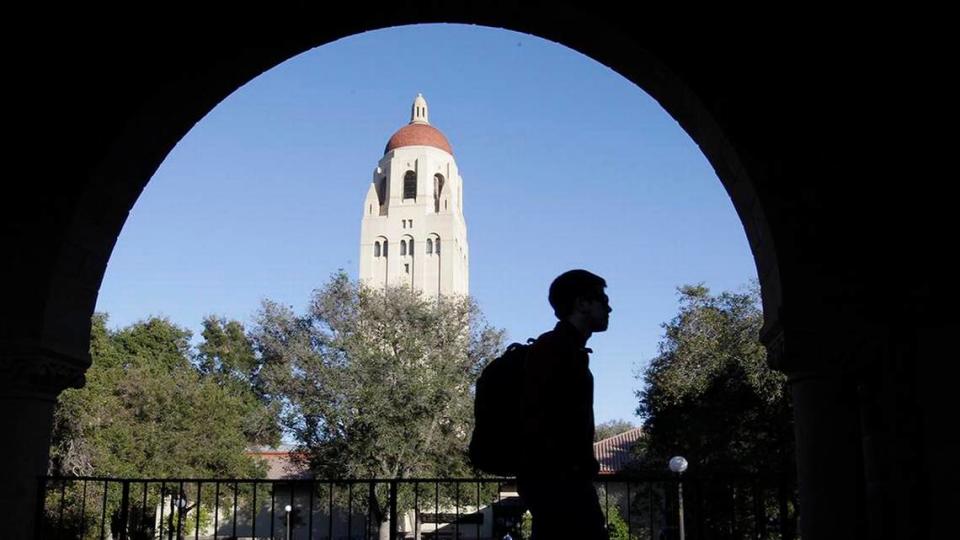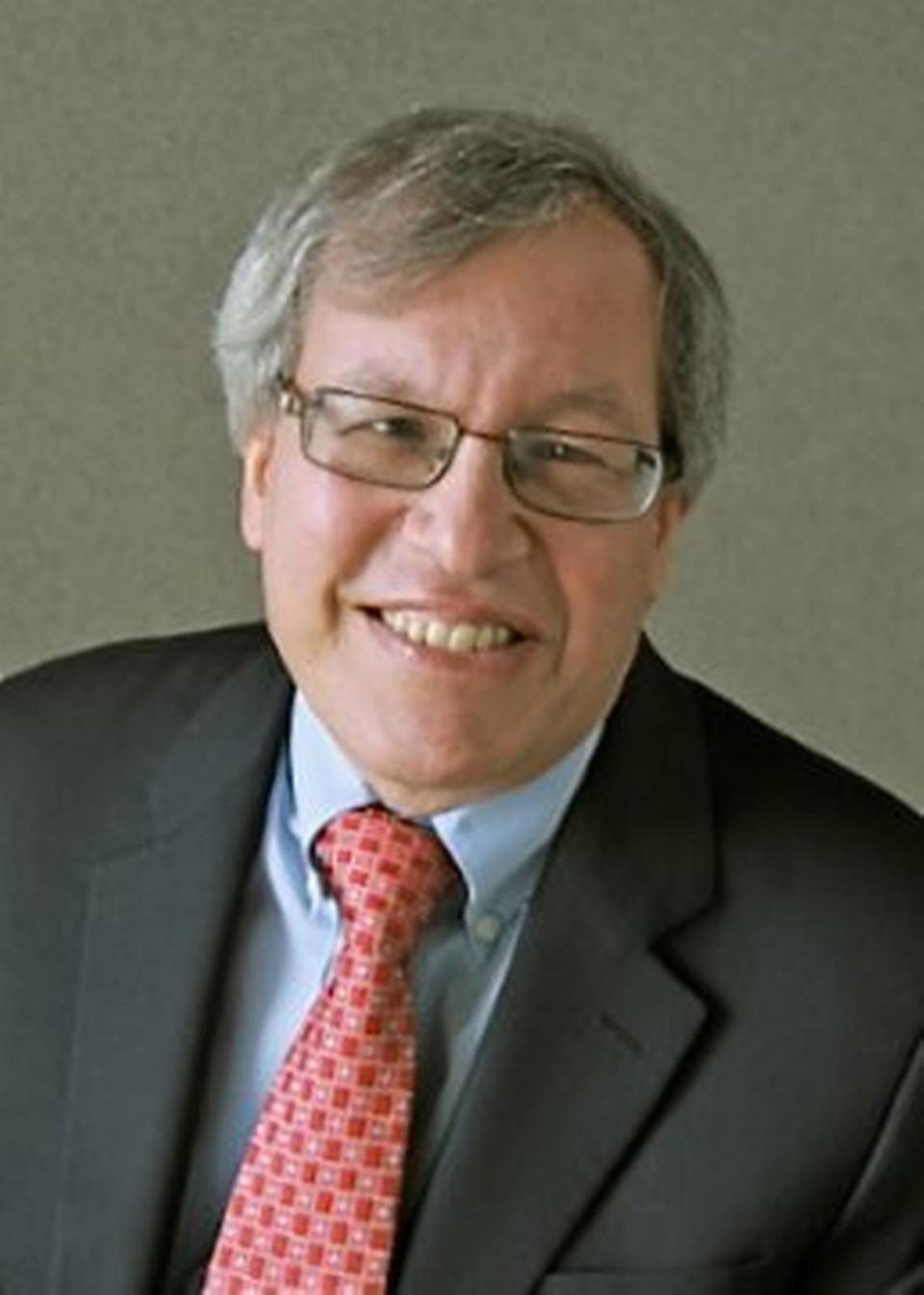Stanford students violated free speech by shouting down a conservative speaker | Opinion
There is no First Amendment right to use speech to shout down a speaker and keep them from being heard. This principle has again become important in connection with an incident at Stanford Law School on March 9.
The Federalist Society, a conservative organization, invited Judge Kyle Duncan, a very conservative judge on the U.S. Court of Appeals for the Fifth Circuit, to speak. Students posted fliers around the school objecting to Duncan’s views. The judge, who walked into the event while recording on his cell phone, clearly expected protesters.
Opinion
Initially, students shouted pointed questions at him and booed his responses. Duncan asked for an administrator to restore order. Tirien Steinbach, the associate dean for equity and inclusion at the law school, came forward and spoke for several minutes.
“It’s uncomfortable to say that for many people here your work has caused harm,” Steinbach said. She spoke of the importance of free speech, but then said, “again I still ask, is the juice worth the squeeze? Is it worth the pain that this causes? The division that this causes? Do you have something so incredibly important to say about Twitter and guns and COVID that is worth this impact on the division of these people?”
Steinbach ultimately said the audience should let Duncan speak.
Duncan reacted angrily, and said to a member of the audience, “you are an appalling idiot, you’re an appalling idiot.”
“In this school, the inmates have gotten control of the asylum,” Duncan declared.
Two days later, Stanford President Marc Tessier-Lavigne and law school Dean Jenny Martinez apologized to Duncan for the “disruption” to his speech, calling the incident “inconsistent with (Stanford’s) policies on free speech.”
A national media firestorm erupted over this. On March 22, Martinez issued a lengthy letter condemning the disruption, making clear that there is no free speech right to shout down and silence others. She said that Steinbach is on leave and that while no students would be disciplined, the law school would require all students to attend a half-day training program on freedom of speech.
This is not the first time in recent years that law students have behaved this way. A year ago, students at both UC Law San Francisco (previously Hastings College of Law) and at Yale Law School disrupted invited conservative speakers.
In all of these instances, protesters defended their actions by claiming that they had the right to use their speech to “de-platform” a speaker and keep them from being heard. This is wrong as a matter of law and at odds with common sense. There is no reason why the protesters’ speech should be given priority over that of an invited speaker and an audience desiring to listen. Cases have consistently rejected such a right to a “heckler’s veto.” Indeed, if it were allowed, the only permissible speech would be that where no one cares enough to protest.
Each fall, in my role as dean, I send a message to the Berkeley Law School community about this. This year, my message stated: “Our goal is to be a place where all ideas and views can be expressed. The First Amendment does not allow us to exclude any viewpoints, and I believe that it is crucial that universities should be places where all ideas can be voiced and discussed. At times, this may mean that there can be an expression of views that we dislike or even find offensive.”
“Disruption of speakers and events will not be tolerated,” I wrote. “The appropriate response to an objectionable speaker is to invite your own speaker or to engage in non-disruptive protests.”
I know some disagree and claim a right to shout down speakers. But the only way my speech can be free tomorrow is to support protection for speech that I dislike today. I also am hopeful that there is a benefit in hearing views different from our own, though it can be unsettling and even painful.
Erwin Chemerinsky is dean and professor of law at the UC Berkeley School of Law.

 Yahoo Movies
Yahoo Movies 

